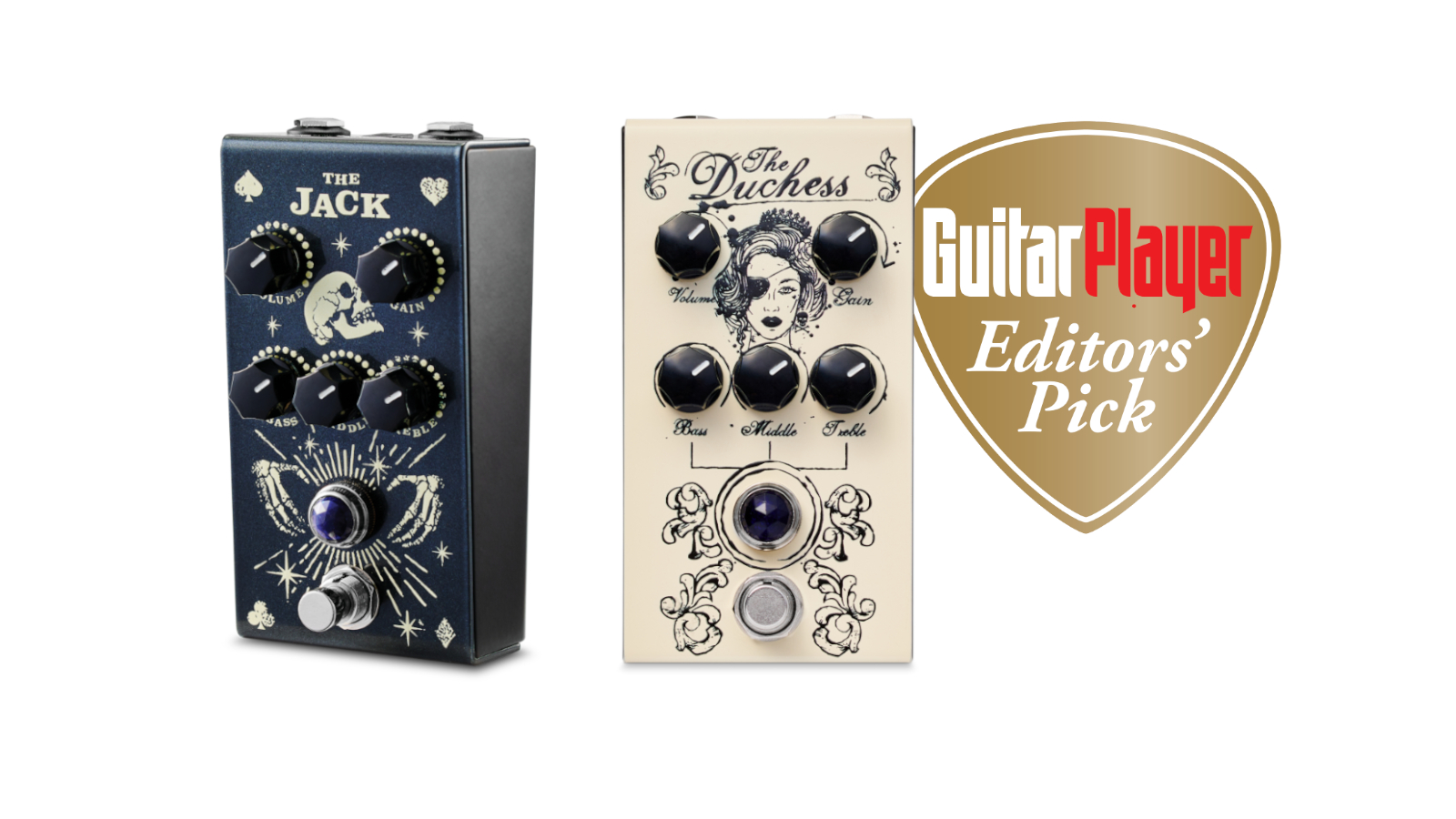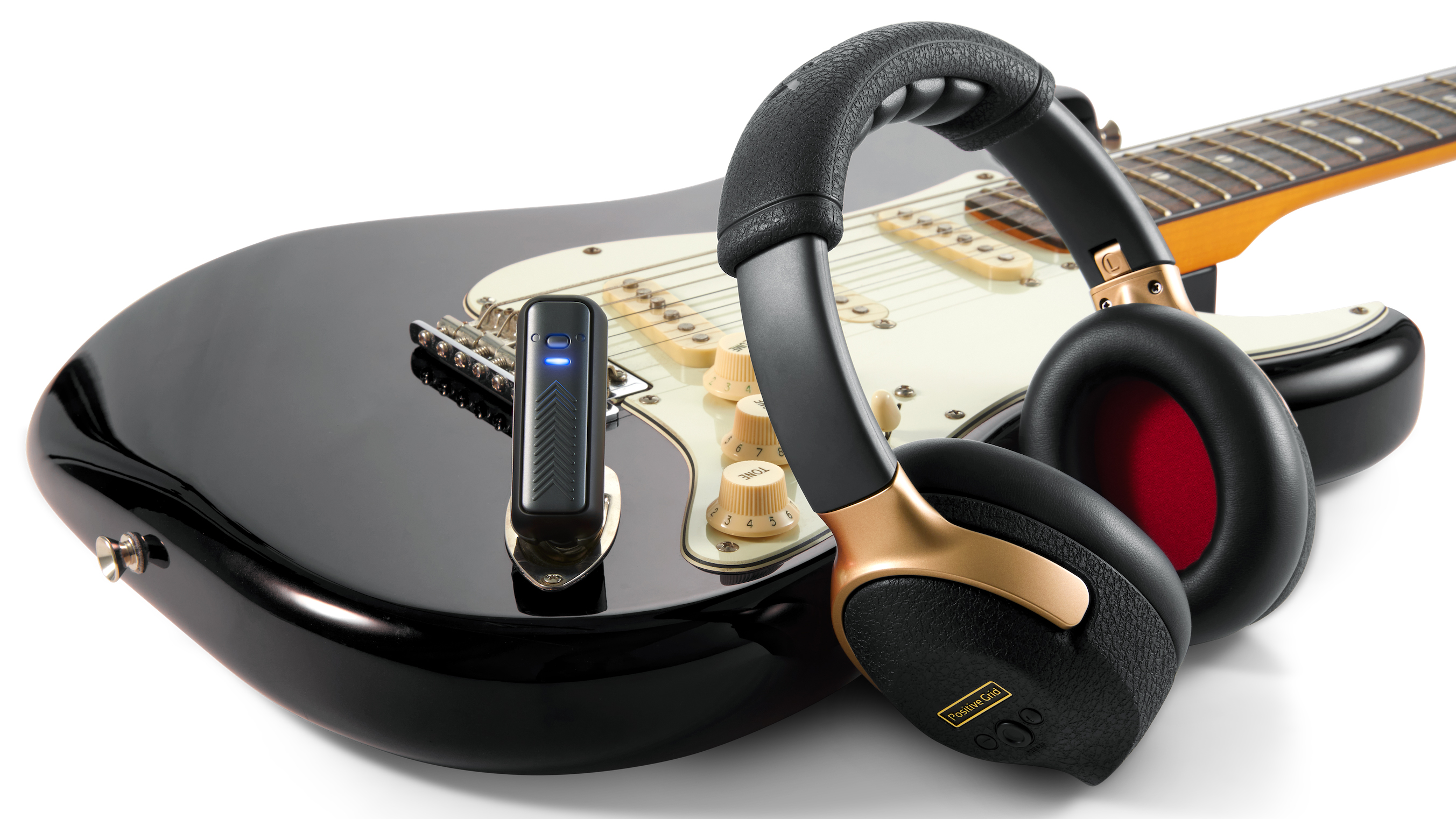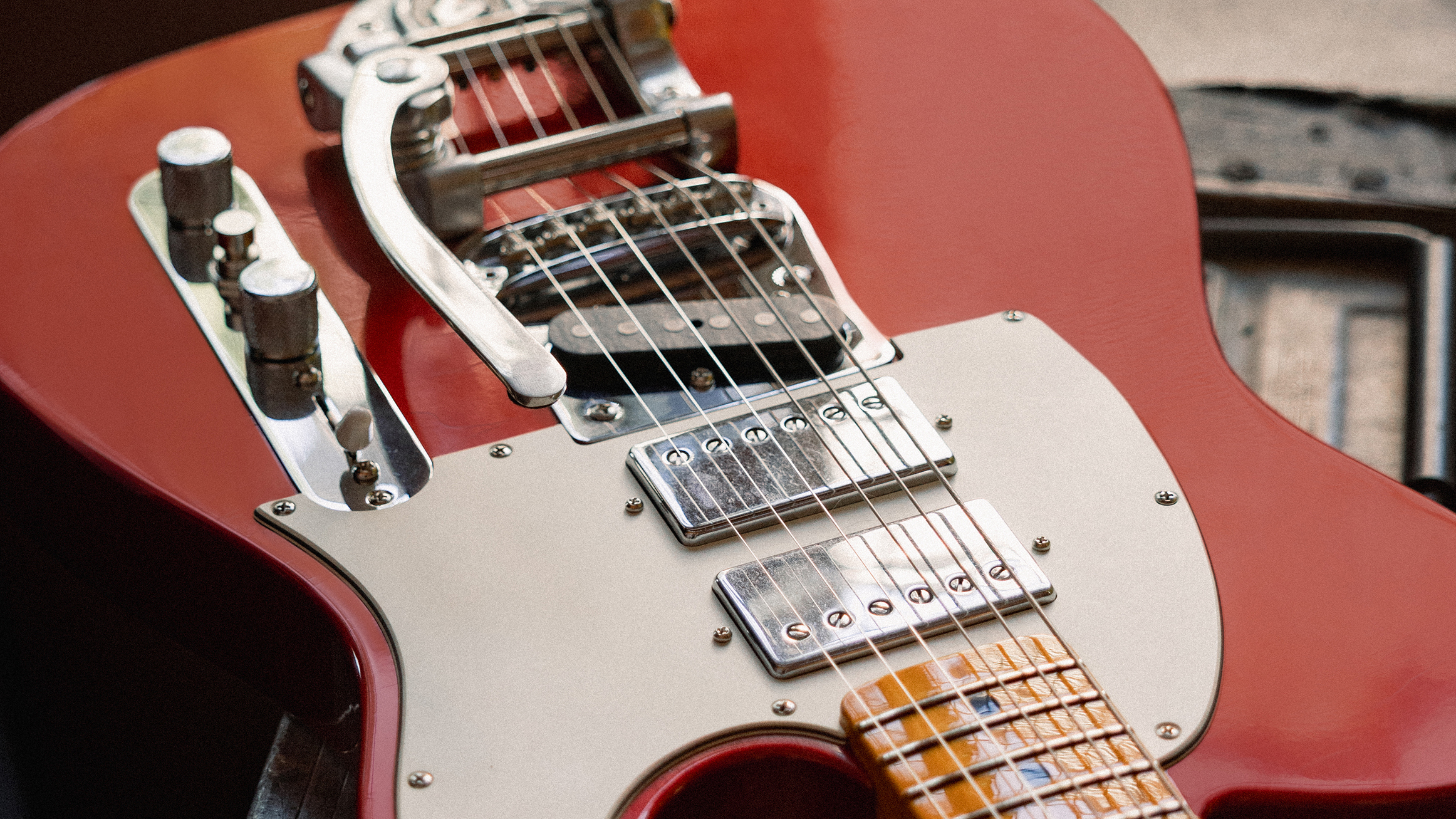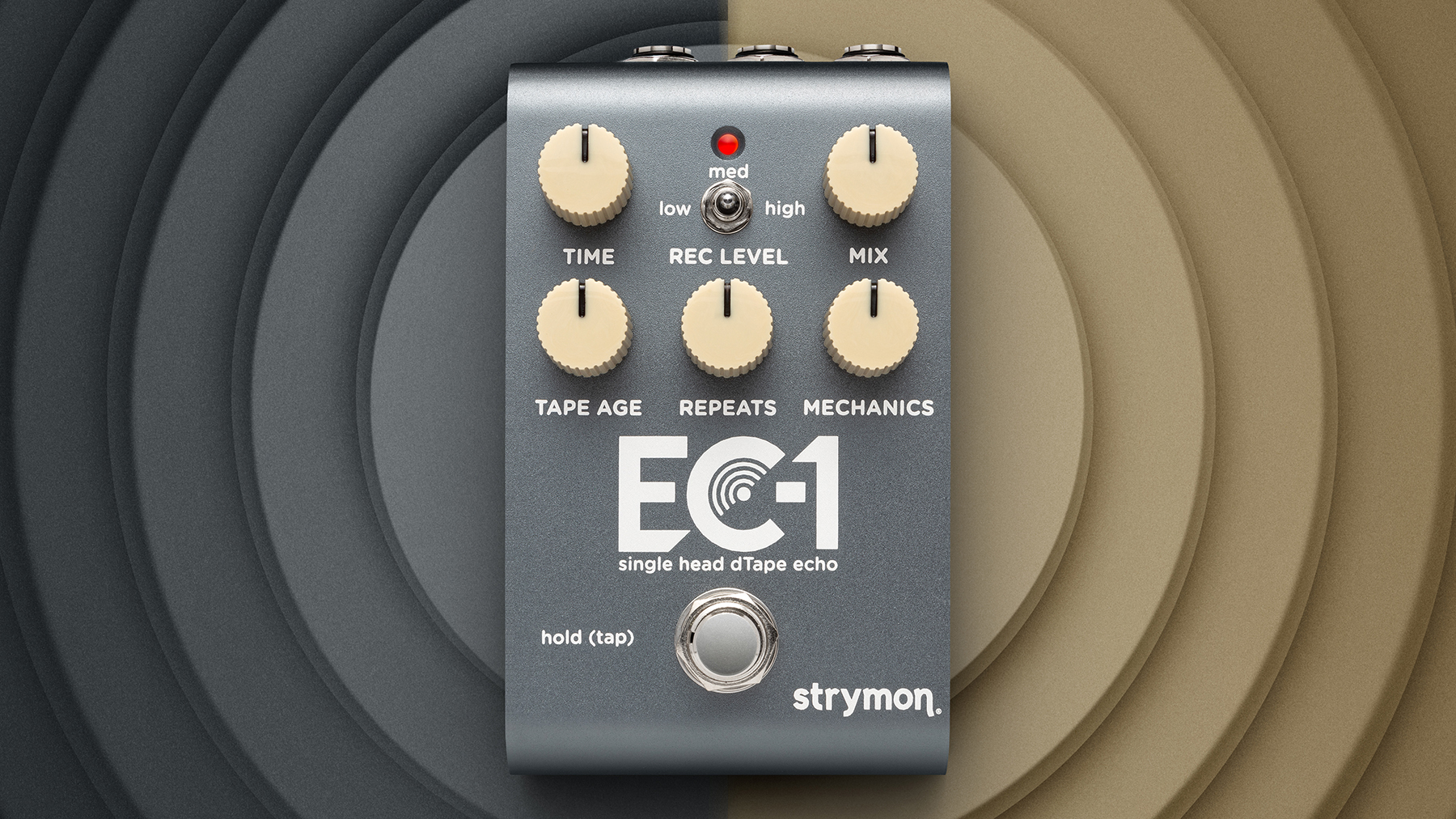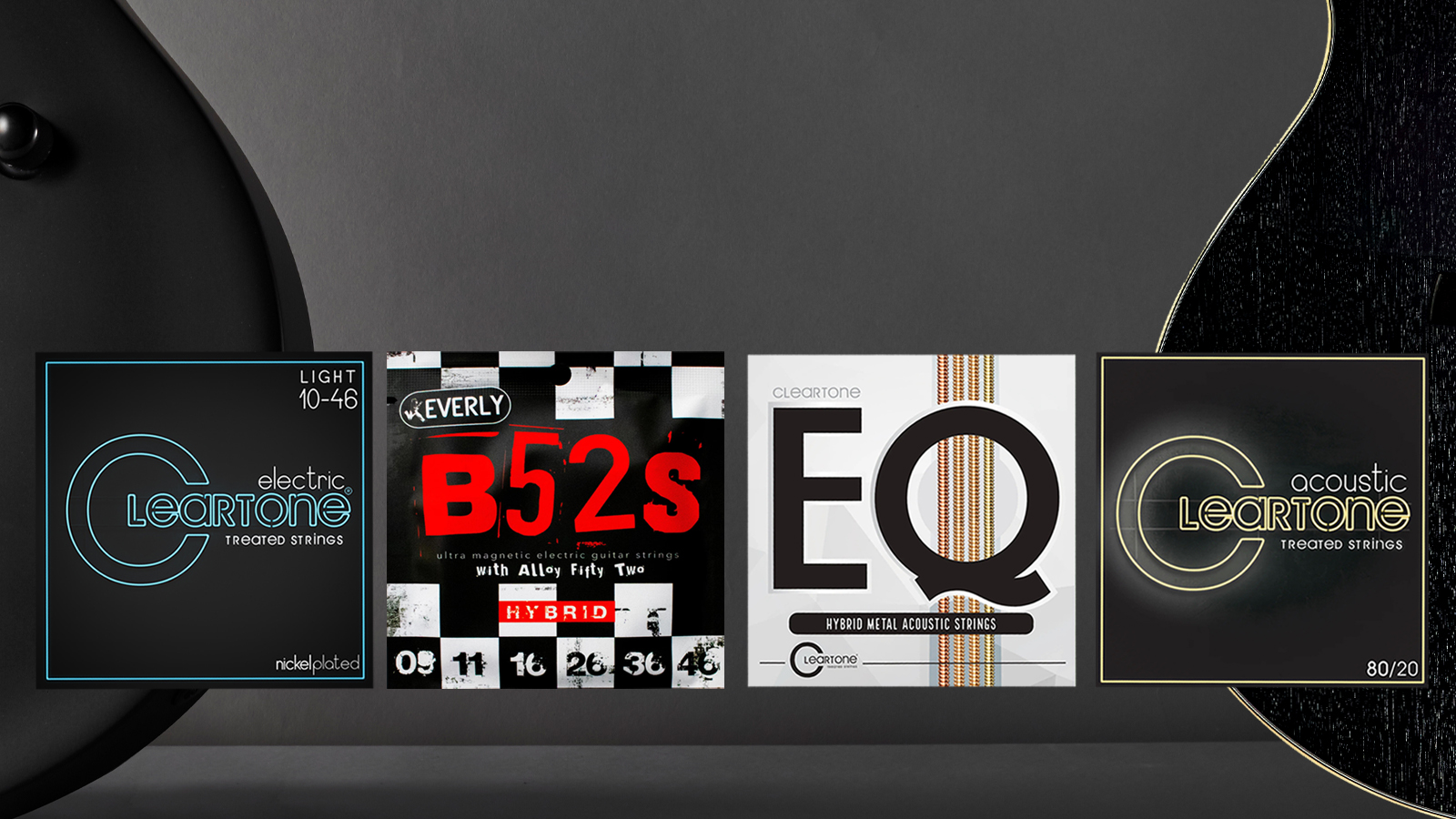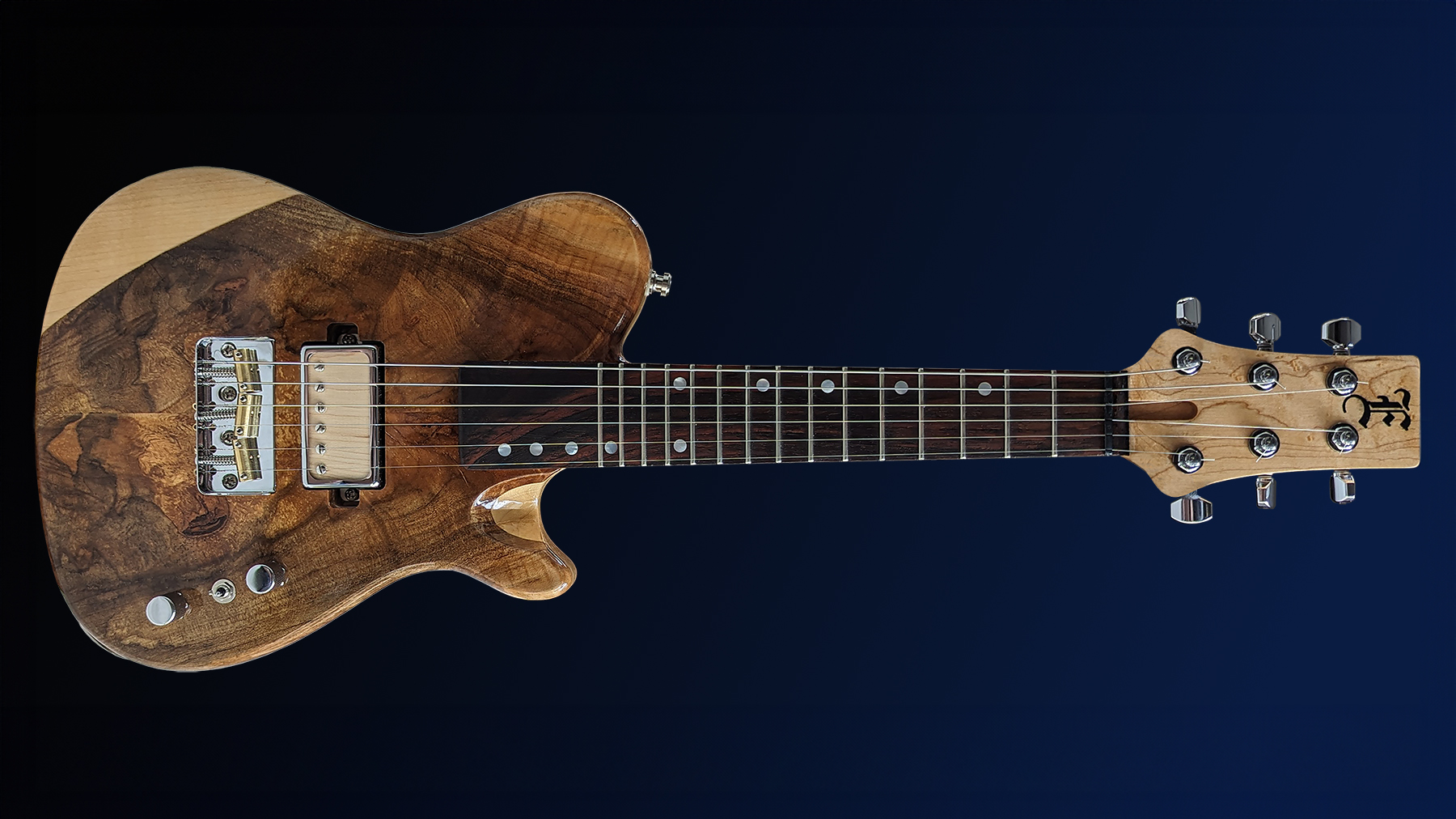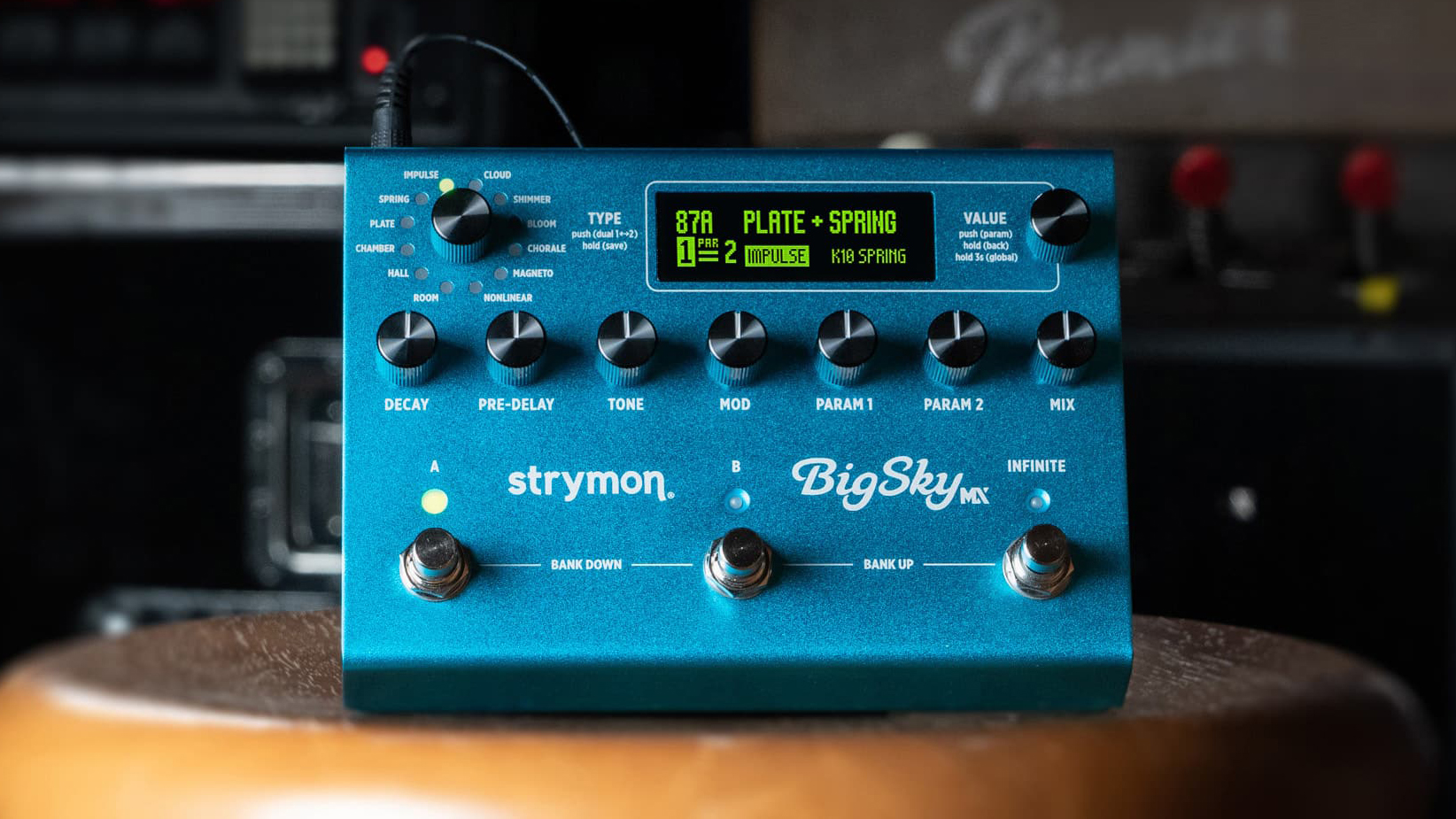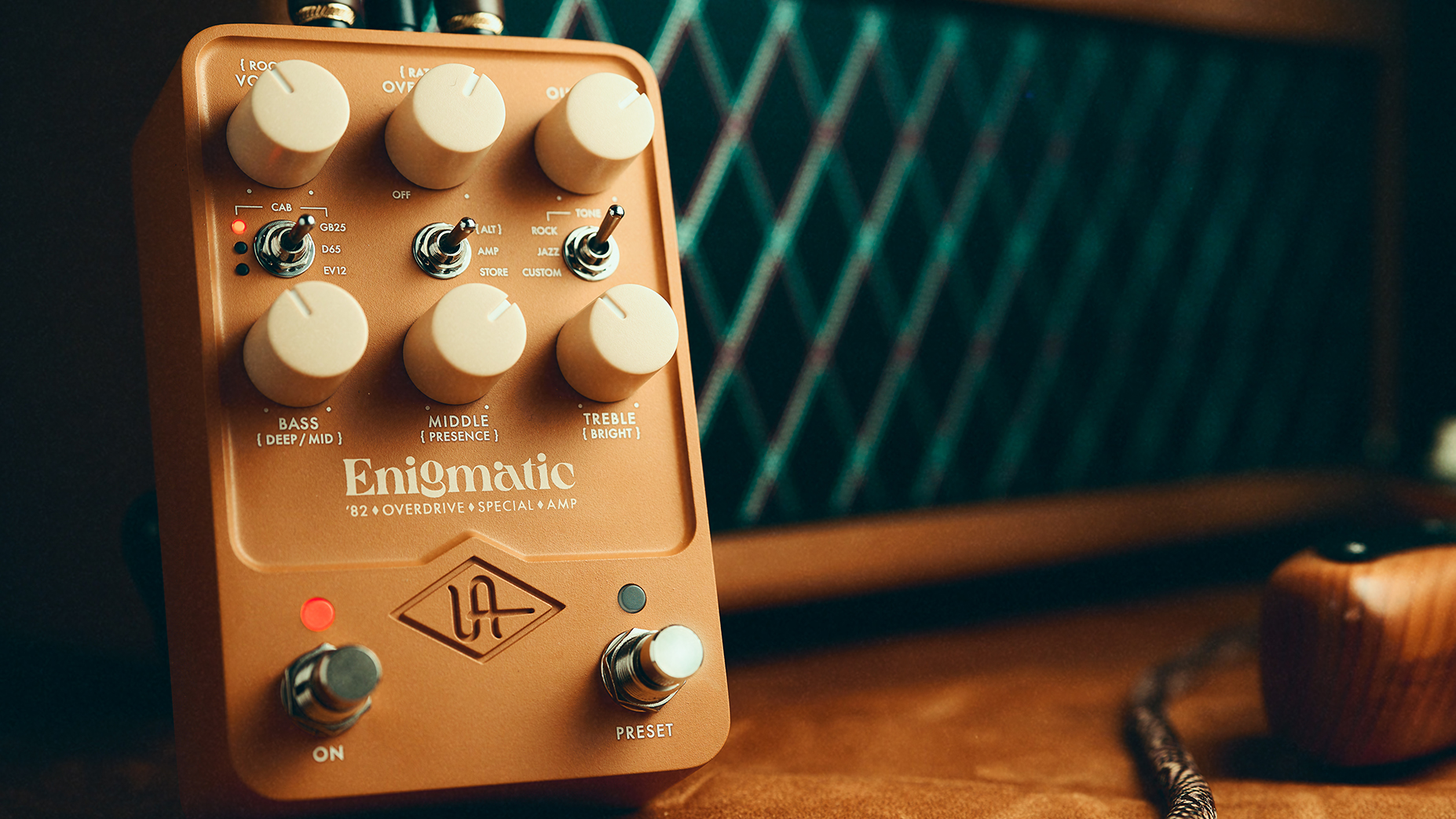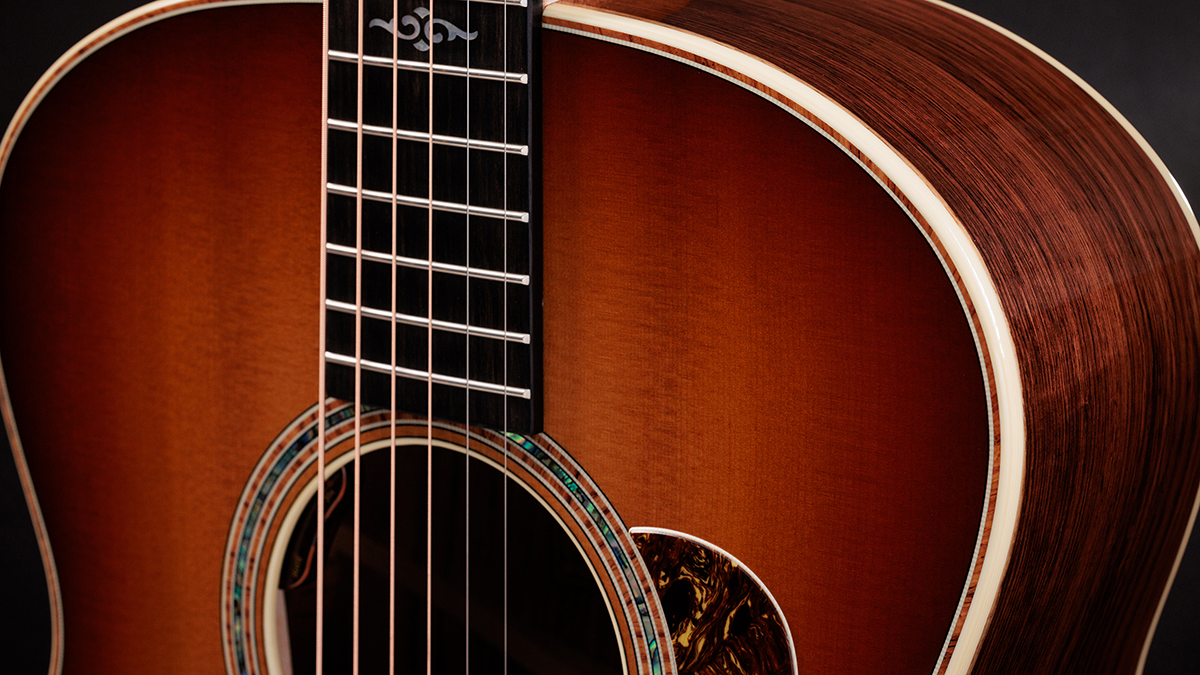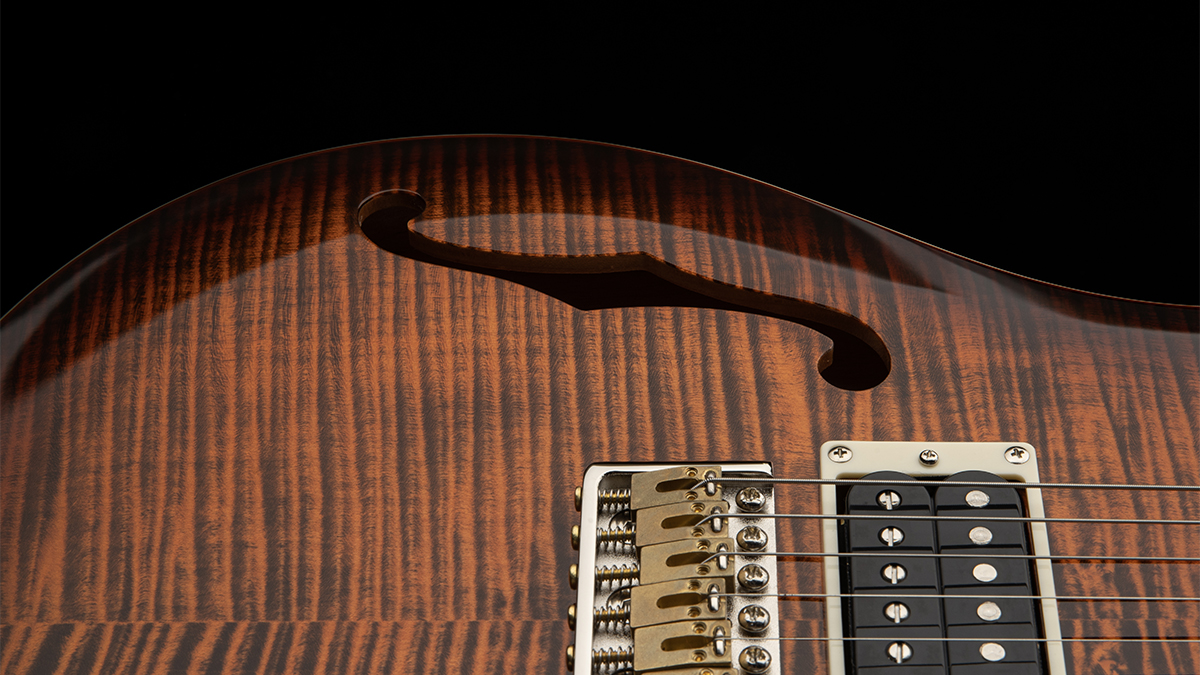GuitarPlayer Verdict
Extremely well-designed and well-built pedals that should win a lot of fans
Pros
- +
The Duchess: An extremely balanced and articulate low-gain overdrive pedal with an appealingly tweedy character, though more versatility than that implies
- +
The Jack: A distinctly British-stack-voiced overdrive with good medium-gain crunch to lead tones
Cons
- -
The Duchess: None
- -
The Jack: A little less balanced and neutral than the Duchess, but that’s its nature
You can trust Guitar Player.
British gear maker Victory is primarily known for its well-built tube amps, but the amp-in-a-pedal sector is a growing and popular one, so it makes total sense for this company to join the likes of Bogner, Friedman and countless stompbox makers in this arena.
Designed in a collaboration between Victory’s Martin Kidd and Adrian Thorpe of ThorpyFX, Victory’s new V1 pedal series takes the tonal characteristics from several of its amp models and converts them into compact individual solid-state units, providing pedals that can be used as always-on sonic templates, or as standard overdrives with distinct characteristics.
I’m checking out the Duchess and the Jack, which aim at American tweed and retro-modern high gain, respectively. Others in the five-pedal series aspire to Vox, Plexi and modern high-gain tones.
The pedals are housed in semi-wedge-shaped folded-steel enclosures and feature five controls, a foot switch for true-bypass, and a purple amp-style jewel light on the top, plus single input, output and nine-volt center-negative jacks on the front face.
Along with the other pedals in the series, the Duchess and Jack offer the same control functions, which includes gain, volume, and a three-stage EQ with bass, middle and treble.
The V1 pedals feel rugged and solid. The next time a stage invader threatens, rather than chopping him down with your Telecaster à la Keith Richards, just wield one of these hefty defense bricks.
I tested each pedal into a 65amps London head and 2x12 cab and a 1x10 Fender Princeton (non-reverb) combo, using a Telecaster and a Les Paul.
Victory V1 the Duchess
You might think a tweed-flavored overdrive pedal based on a Victory amp best known for its clean to edge-of-breakup tones would verge on pointless, but from my first big, kerranging G chord, the Duchess proved delectable and utterly addictive.
Clipping-wise, this one runs from a gain-neutral boost to juicy lower-gain overdrive – pretty much the range of the average Tube Screamer or Klon, and these are rarely considered pointless.
It’s a detailed, articulate and succulently sweet tone enhancer throughout the range, though, and a great lower-gain overdrive by any measure.
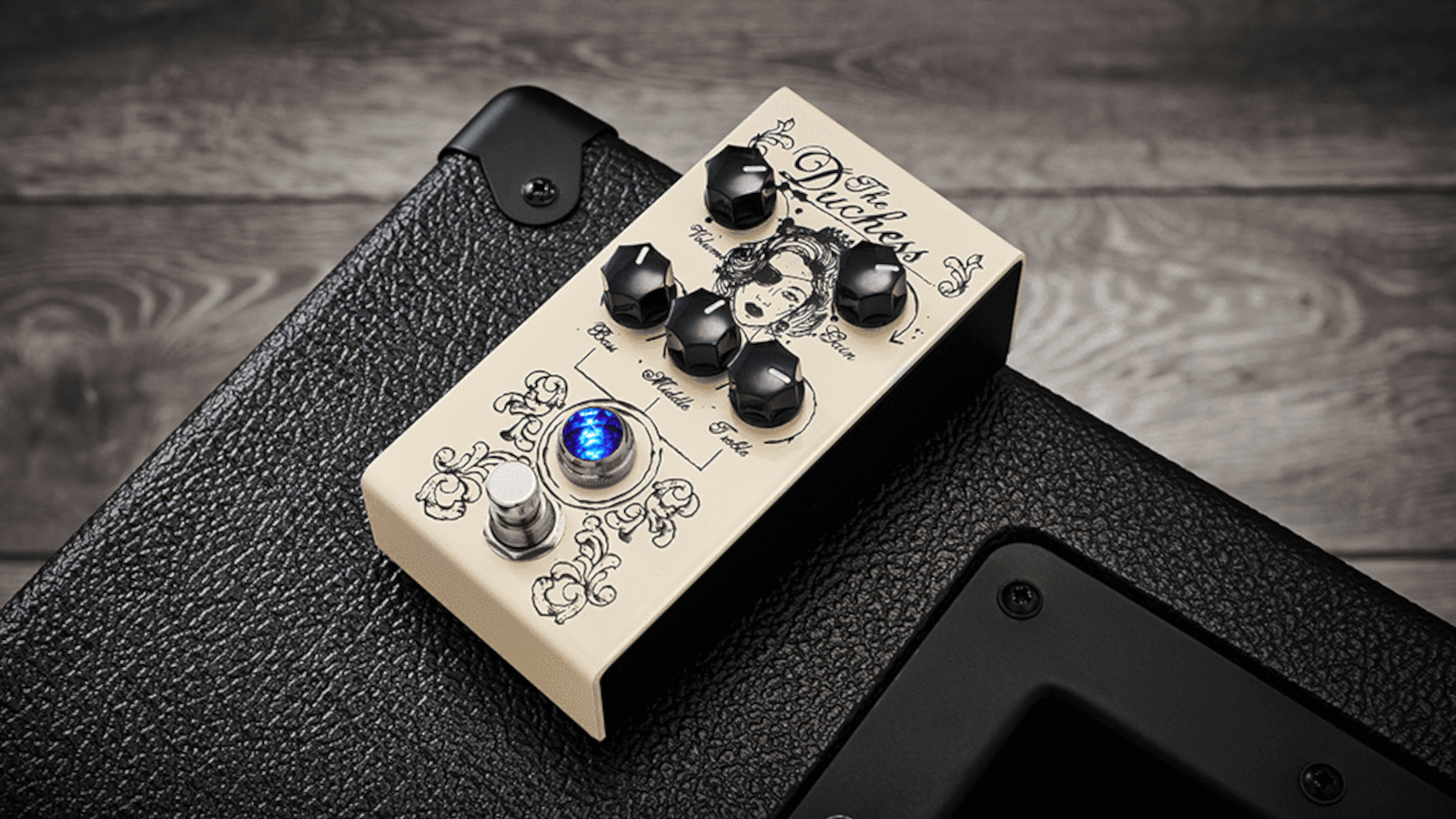
From the character and slight grit added at around 10 o’clock on the gain knob to more saturated levels up in the one o’clock to three o’clock range, everything impressed with its clarity and balance, and in the way that it always left each guitar sounding like itself, while making each amp sound better.
From my first big, kerranging G chord, the Duchess proved delectable and utterly addictive
If not instructed, I wouldn’t automatically have thought “tweed overdrive” and would merely have taken the Duchess for a very appealing and dynamic American-voiced OD.
Add great pick dynamics, the ability to clean up well at the guitar’s volume control (while retaining its own girth and personality) and the versatility of the three-band EQ, and the Duchess is a total winner.
Caveats? Like many tweed amps themselves, things get a little hairy and murky with the gain maxed out. Even that works well for Neil Young-style lead excursions, but the pedal really excels in the 11 o’clock to two o’clock realm on the gain.
Victory V1 the Jack
The Jack emulates an original Victory amp model, designed in collaboration with Guthrie Govan to suit his perfect fly rig, and as such it’s a little harder to pin a label on.
To my ears, it sits in that ground between earlier Boogie Mark series and the late-’70s/early ’80s Marshall 2204 Master Model, but with plenty of its own personality. It’s darker and warmer than the Duchess, with more girth and aggression and a pronounced midrange bark.
It has more gain available overall, too, and comes into its own with the gain knob turned to three o’clock and beyond. Thus dialed in, it delivers a juicy harmonic saturation with a singing quality to lead notes, all with just a little compression to lean you toward shred and metal circa 1989.
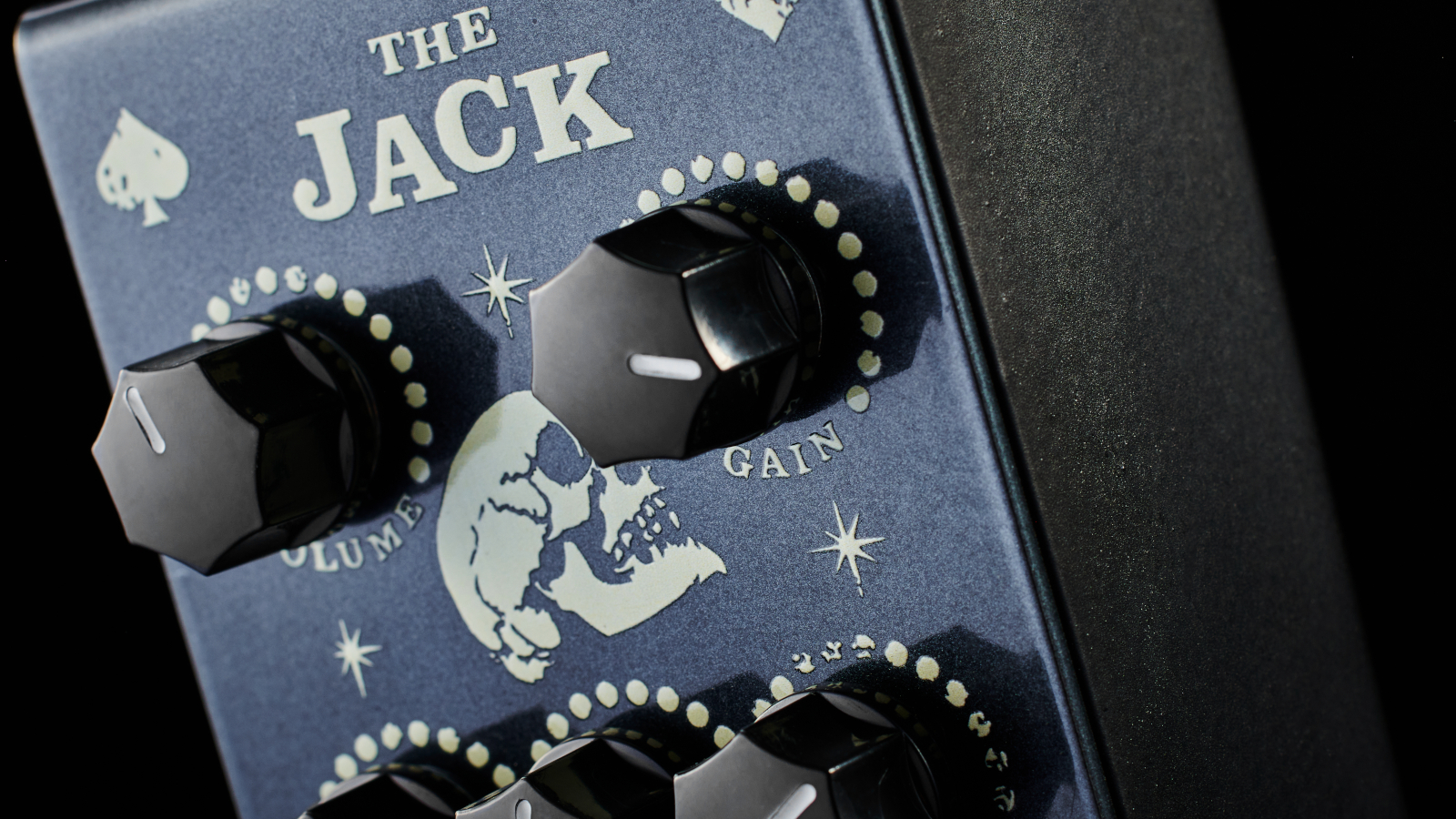
Given its nature, the Jack is a little more sonically obtrusive overall, with a stack-like congestion and boxiness in its voicing, but that’s the nature of the beast.
The three-knob tone stack enables easy sonic sculpting even so, and the Jack is an impressively versatile tone shaper for those aiming to push their amp across the pond.
All in all, they’re both extremely well-designed and well-built pedals that should win a lot of fans, but I particularly dug the Duchess’s balance, clarity and character, and found it a Tube Screamer killer worthy of an Editors’ Pick Award.
Specifications
The Duchess:
- CONTROLS: Gain, volume, treble, middle, bass
- EXTRAS: Single input and output, center-negative 9V DC adaptor input (external power only)
- SIZE: 4.75” x 2.5” x 1.5”
- BUILT: Assembled in England
The Jack:
- CONTROLS: Gain, volume, treble, middle, bass
- EXTRAS: Single input and output, center-negative 9V DC adaptor input (external power only)
- SIZE: 4.75” x 2.5” x 1.5”
- BUILT: Assembled in England
Visit Victory Amps for more information.
Dave Hunter is a writer and consulting editor for Guitar Player magazine. His prolific output as author includes Fender 75 Years, The Guitar Amp Handbook, The British Amp Invasion, Ultimate Star Guitars, Guitar Effects Pedals, The Guitar Pickup Handbook, The Fender Telecaster and several other titles. Hunter is a former editor of The Guitar Magazine (UK), and a contributor to Vintage Guitar, Premier Guitar, The Connoisseur and other publications. A contributing essayist to the United States Library of Congress National Recording Preservation Board’s Permanent Archive, he lives in Kittery, ME, with his wife and their two children and fronts the bands A Different Engine and The Stereo Field.
A gigantic $360 off Positive Grid's celebrated BIAS amp sim software may have just put the nail in the coffin of my beloved valve combo
"Let’s take acoustic-electric amplification to its ultimate realization." How to make an acoustic amp shimmer like a vintage Fender, smolder like a Dumble or scream like a Marshall
